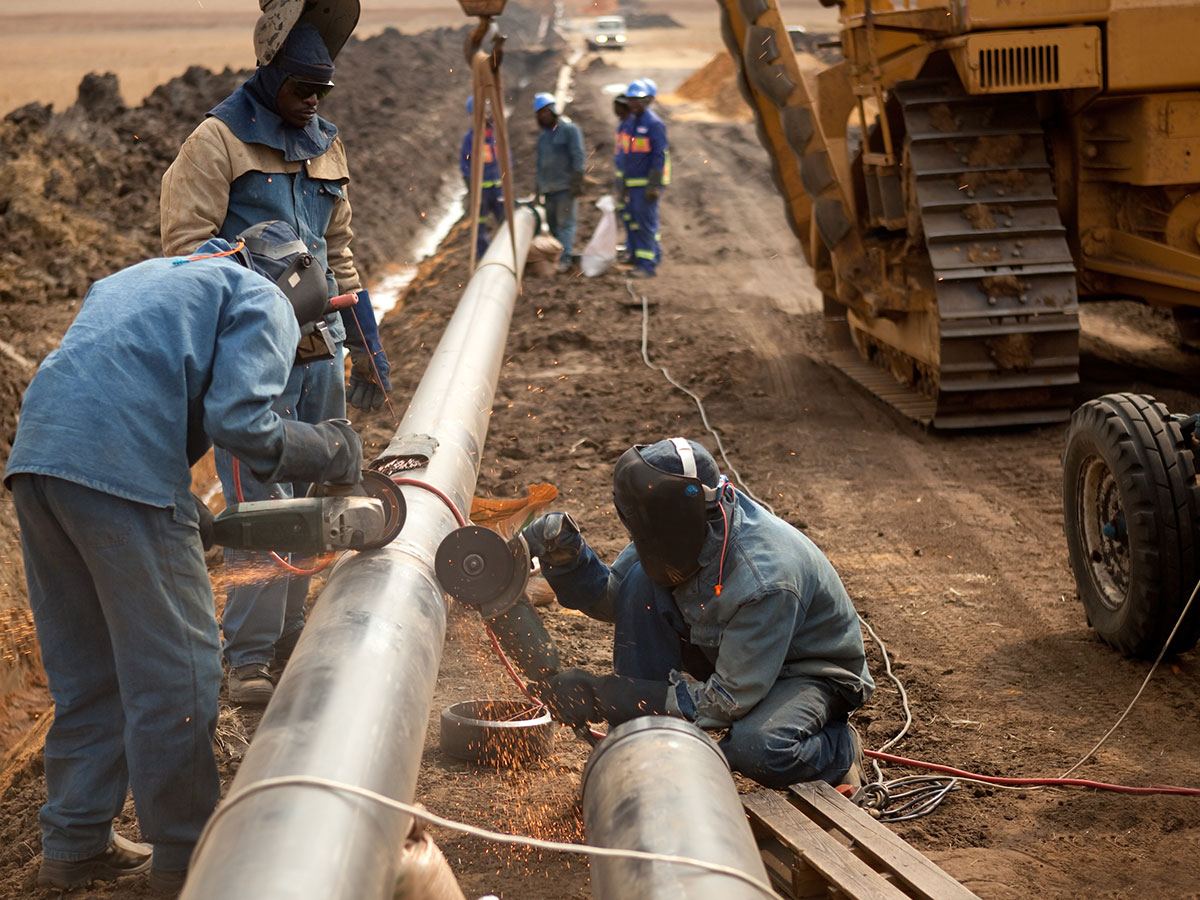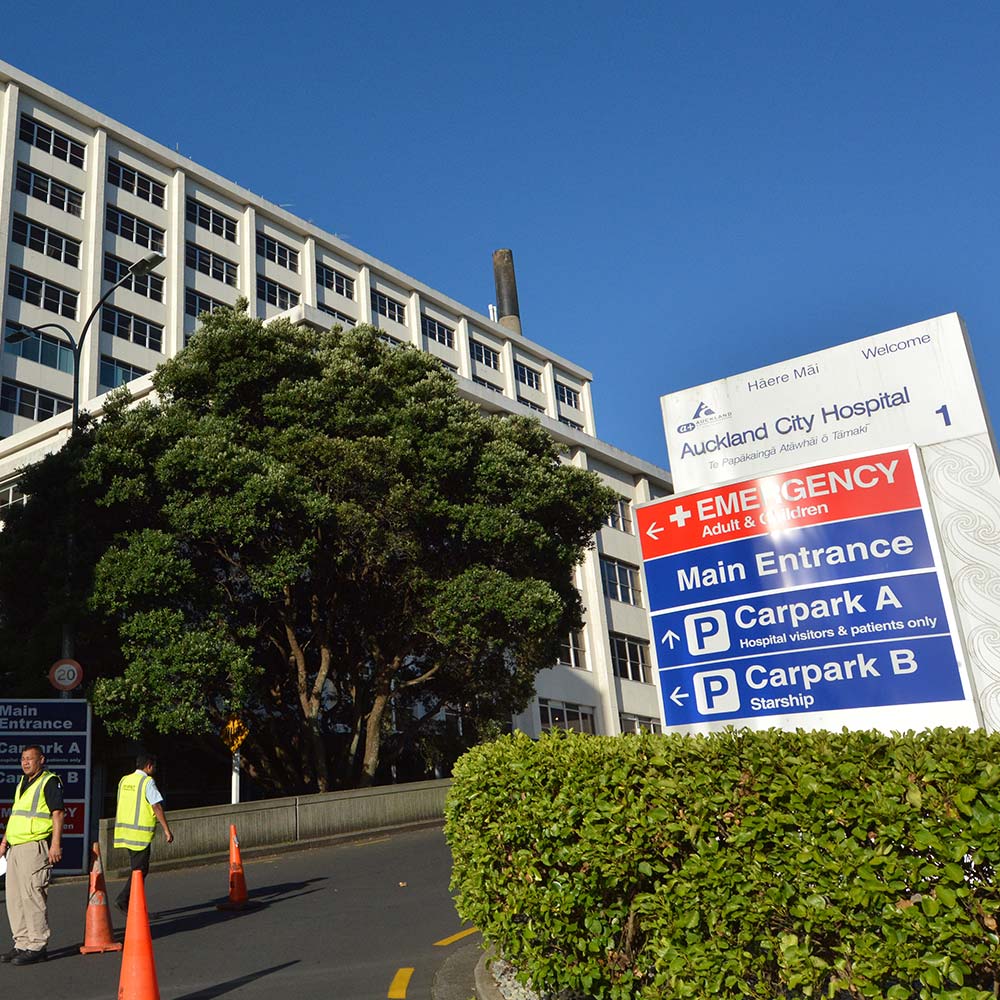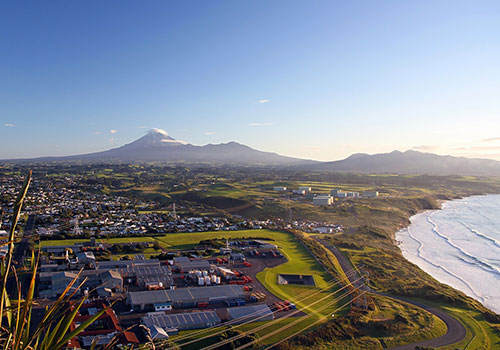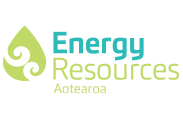Essential services
We're converting New Zealand's natural assets into services that make a real difference.
- In this section:
The oil and gas industry pays New Zealand for the right to explore for, and produce oil and gas. These payments consist of royalties and corporate taxes - paid directly to government who use those funds to help pay for the social services that underpin our kiwi lifestyle.
Rising costs of services
1
With an annual spend of over $100 billion, the major components of Government spending are social security and welfare, health and education.
Health Services
$19.9b
Total amount spent by the New Zealand Government in 2019/20
Education services
$16.3b
Total amount spent by the New Zealand Government in 2019/20

Oil and gas make a substantial contribution
2
The oil and gas industry regular pours over half a billion dollars a year into our country in royalties and taxes, and has contributed over three billion dollars in royalty revenue alone in the last decade.
While that amount pales in comparison to New Zealand's annual spending, it represents a significant return on our natural assets, and a sizeable contribution from a single industry to the government's current account.

Oil & Gas returns profits of
42%
back to New Zealanders in royalties and taxes.




Explaining 42%
The figure of 42% return to New Zealand from each oil and gas project is based on some key figures.
42% is the combination of the royalty rate and rate of corporate tax paid by oil and gas companies. The royalty rate to be paid is calculated as the higher figure of 5% ad valorem (the estimated value or worth of the project) or 20% actual accounting profit. Generally, the 5% ad valorem royalty gets paid for a very short period of time, typically one year or less, with most royalty collected at the 20% rate. The government has decided, in setting this figure, that this level of royalty maximises the financial return to New Zealand, while providing international oil and gas companies enough profit potential to invest here.
The corporate tax rate is set by the government at 28% of accounting profit.
What difference can half a billion dollars make?
3
While the New Zealand Government alone decides on how to spend oil & gas royalties and tax income, half a billion dollars really adds up.

Oil & gas provides
$0.5b
on average per year to New Zealand in royalties and tax income.
Housing
1200+
new house builds
Teachers
6,000+
more teachers in our schools
Fund
100%
of the proposed new Christchurch sports stadium
Nurses
6,500+
more nurses
What are royalties?
4
Oil and gas companies must pay for the right to extract our natural resources.
Any company producing and selling oil and natural gas in New Zealand is required to pay a royalty to the government. This ensures the government receives a revenue stream throughout the life of an operation, ensuring New Zealanders benefit from highly profitable operations.
Royalty and levy amounts collected since 2005, per annum.
Over the last 10 years this works out to an average of $288 million per year.
| Financial Year | Amount |
| 2005/2006 | $125,132,961 |
| 2006/2007 | $110,318,903 |
| 2007/2008 | $124,150,772 |
| 2008/2009 | $542,959,260 |
| 2009/2010 | $431,892,264 |
| 2010/2011 | $384,509,813 |
| 2011/2012 | $360,612,601 |
| 2012/2013 | $407,317,898 |
| 2013/2014 | $371,002,926 |
| 2014/2015 | $278,452,018 |
| 2015/2016 | $202,625,099 |
| 2016/2017 | $184,091,700 |
| 2017/2018 |
$226,842,592 |
| 2018/2019 |
$267,975,919 |
| 2019/20 |
$204,866,490.06 |
In the 2019/20 financial year
$205m
was received by the Government in royalties and energy resource levies/royalties from exploration and production companies.
In the four years to 2020, over
$860m
has been collected by the Crown in petroleum royalties and levies. To put into context, this could pay for a new Christchurch sports stadium AND new convention centre.

Who is responsible for setting royalties?
The government, through legislation, sets the royalty level and the Energy & Resource Markets brand of the Ministry of Business Innovation and Employment collects royalties.
What taxes do the oil and gas industry pay?
5
Oil and gas activity generates significant direct and indirect tax income for the country.
Direct taxes from exploration and production companies, in the form of a 28% corporate tax on profit, is estimated to be worth over $200 million dollars per annum, a figure that rises in periods of high activity.
The government also collects PAYE and income tax from those employed by oil and gas companies, and Goods and Services Tax (GST) from sales. The exact amount for these forms of taxes is harder to determine, but are projected to add up to hundreds of millions of dollars.




Social welfare
$44b
Total amount spent by the New Zealand Government in 2019/20